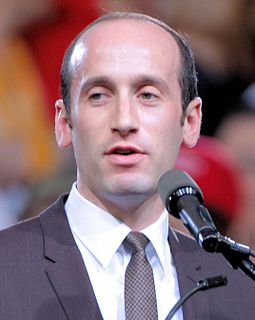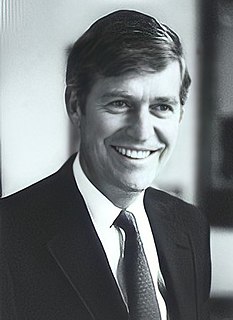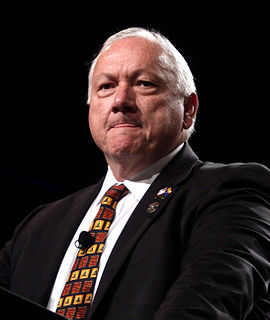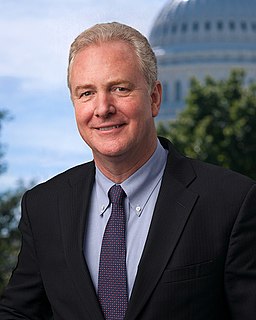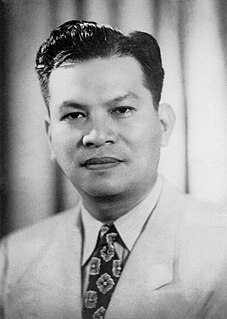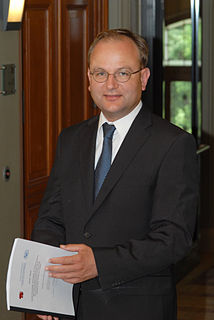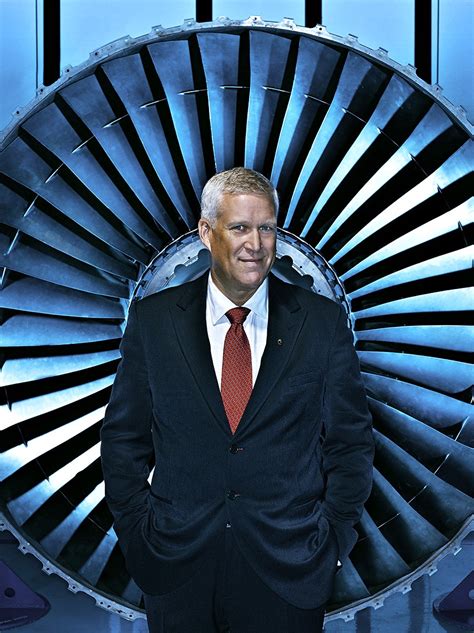A Quote by Stephen Miller
What you do on immigration policy, what you do on education policy, what you do on tax, regulatory, and energy policy, all connects together - and will be based on a simple determination about what will make life better in America for American citizens.
Related Quotes
The problem with much of the debate over this issue is that we confuse two separate matters: immigration policy (how many people we admit) and immigrant policy (how we treat people who are already here). What our nation needs is a pro-immigrant policy of low immigration. A pro-immigrant policy of low immigration can reconcile America's traditional welcome for newcomers with the troubling consequences of today's mass immigration. It would enable us to be faithful and wise stewards of America's interests while also showing immigrants the respect they deserve as future Americans.
We [American nation] can now, by virtue of new technology, actually get all the energy we need in North America without having to go to the - the Arabs or the Venezuelans or anyone else. That's why my policy starts with a very robust policy to get all that energy in North America, become energy-secure.
The policy that received more attention particularly in the past decade and a half or so has been the US cocaine policy, the differential treatment of crack versus powder cocaine and question is how my research impacted my view on policy. Clearly that policy is not based on the weight of the scientific evidence. That is when the policy was implemented, the concern about crack cocaine was so great that something had to be done and congress acted in the only way they knew how, they passed policy and that's what a responsible society should do.
I'm not optimistic about reform in many, if any, policy areas at all. I think we'll make further progress by inventing new things that aren't much regulated yet and outracing bad policy. I look at so many policy areas - regulation, regulatory reform, health care reform - it's all failing, we're not making improvements, we're going backwards.
The problem is the policy makers don't have practitioners in the policy team. You won't make an IT policy without consulting a Narayan Murthy or Nandan Nilekani. But for energy, people think they know everything and they know what to do for it. That's how the policies are created in Delhi and that needs to change.
First of all, developed countries have basically expropriated the atmosphere of the world community. But one must say clearly that we redistribute de facto the world's wealth by climate policy. Obviously, the owners of coal and oil will not be enthusiastic about this. One has to free oneself from the illusion that international climate policy is environmental policy. This has almost nothing to do with environmental policy anymore.
